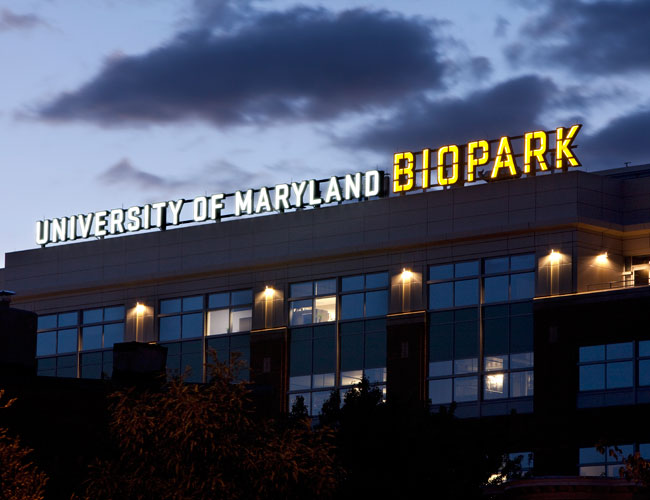Drug companies poured lots of resources into seeking a vaccine for staph infections, but have yet to succeed.
In Maryland, a startup is joining the effort.
Serenta Biotechnology, which is based in Gaithersburg, is working to build on technology that was effective in animal trials.
The technology was invented by Mark Shirtliff, a Serenta cofounder and professor at the University of Maryland’s Baltimore-based schools of medicine and dentistry.
The university and the company recently reached a licensing deal that grants the startups exclusive rights to the vaccine. The startup previously received support from the TEDCO-run Maryland Innovative Initiative, and other accolades.
“This is really promising technology,” said Phil Robilotto, UM Ventures’ Chief Commercialization Officer. He also pointed out that a strong team is in place to continue commercial development of the vaccine.
The size of the problem that the business is addressing is also sizable. Staph infections, or MRSA, remain a public health threat that can be contracted during treatment in a hospital. According to CDC data, it infects 80,000 people in the US a year, and 11,000 do not survive.
“As we get older, and surgery becomes more and more successful, there’s all kinds of things that get put into our body that are supposed to stay there for a long time … That comes with quite a bit of infection risk,” said Serenta chairman Florian Schödel.
The vaccine that the startup is developing has four antigens that produce an immune response from the body when staph exists in a biofilm, which is a slimy grouping of bacteria that stick to a surface and often play a role in keeping staph infections alive. Another antigen is expressed when staph is free-floating.
The vaccine was effective on a model of a MRSA infection in the bone implant of a mouse, which the startup says has not been accomplished to date. Working in part in labs at UMB, Serenta will look to move toward human trials of the vaccine.
“We have strong bond to the University of Maryland and we’ll try to do as much as we can locally,” said Schödel the former Vice President for Clinical Research at Merck Research Laboratories.
This startup is developing a vaccine for staph infections







